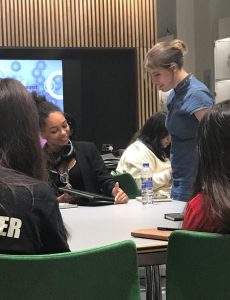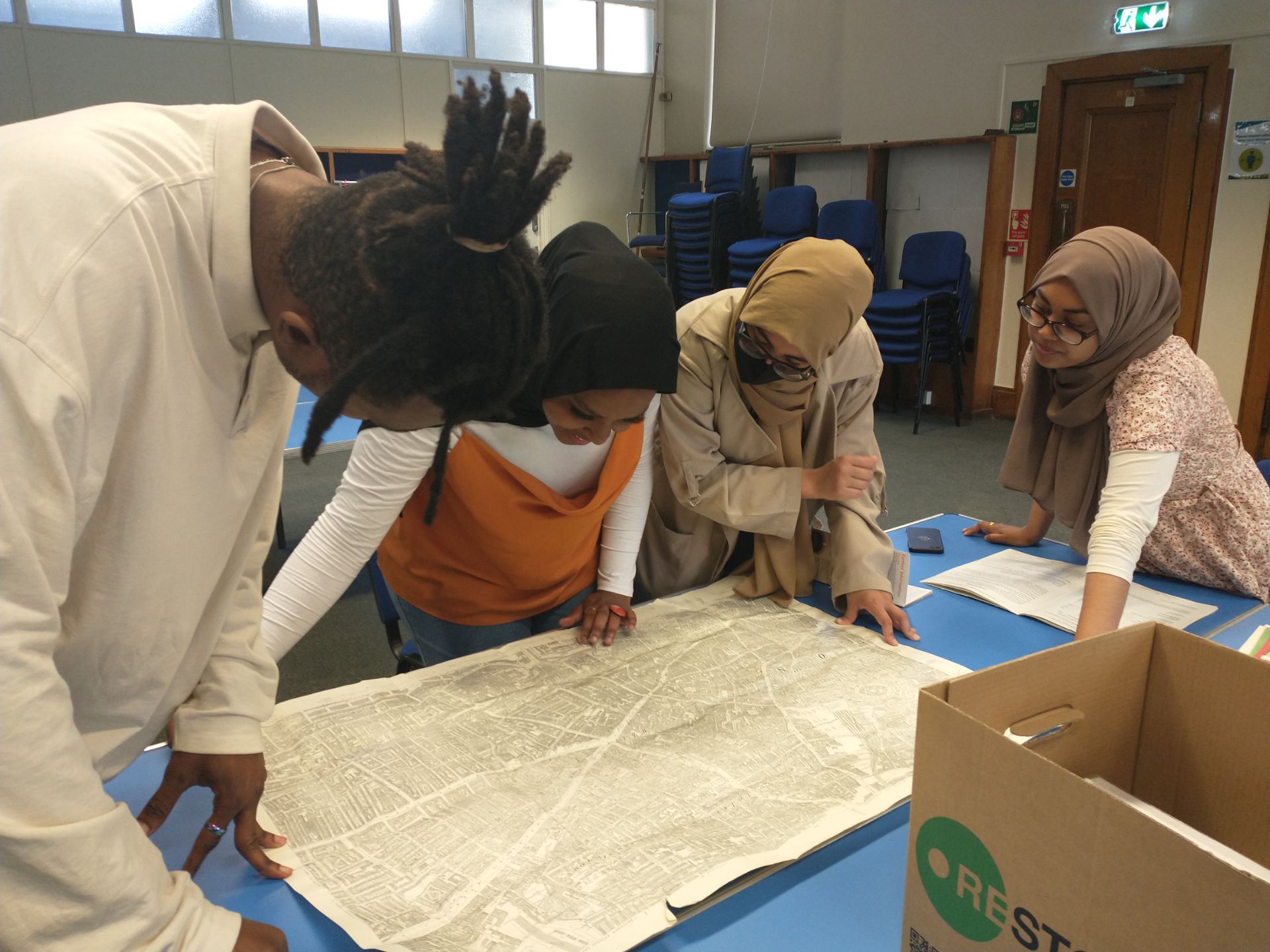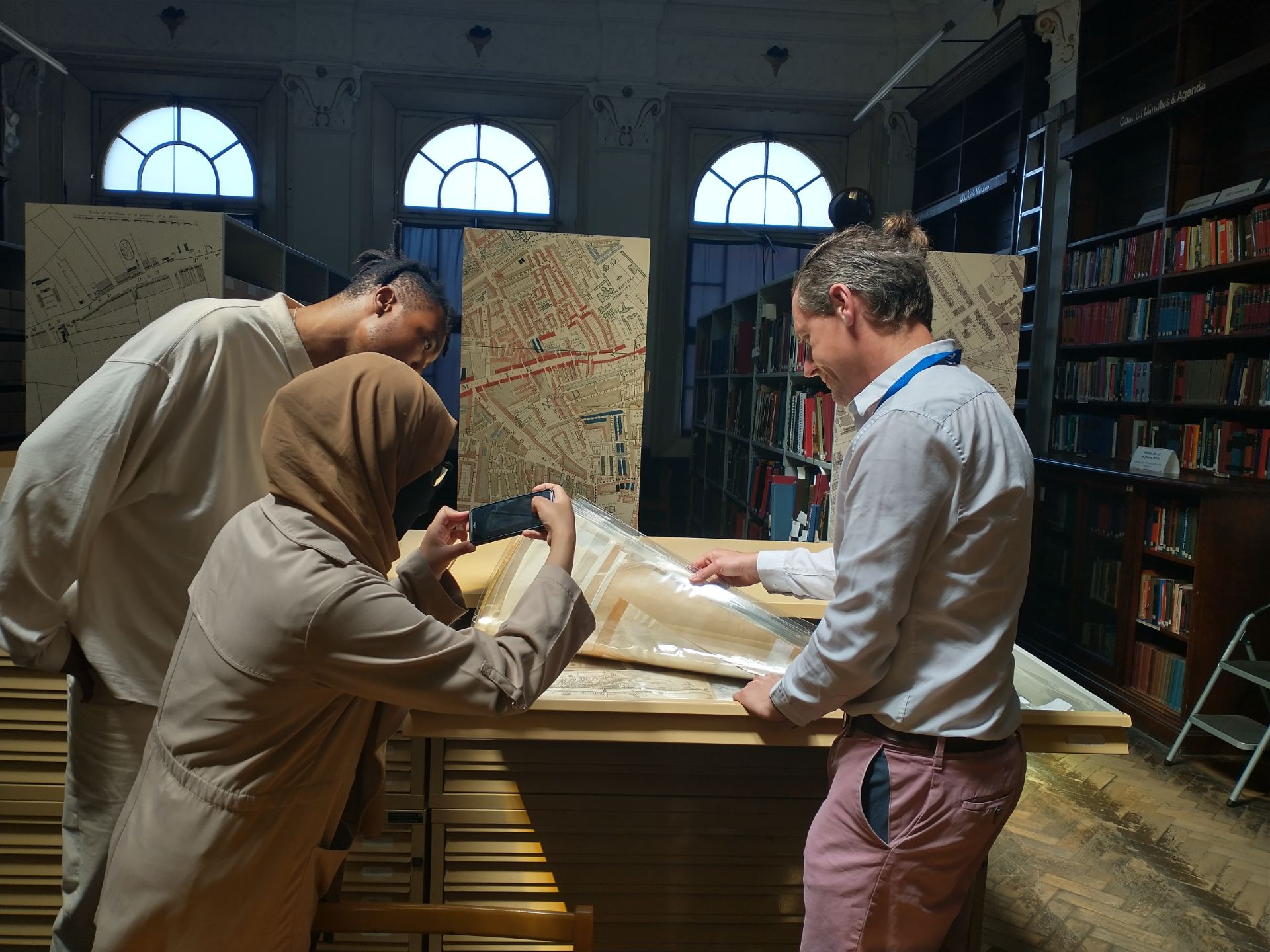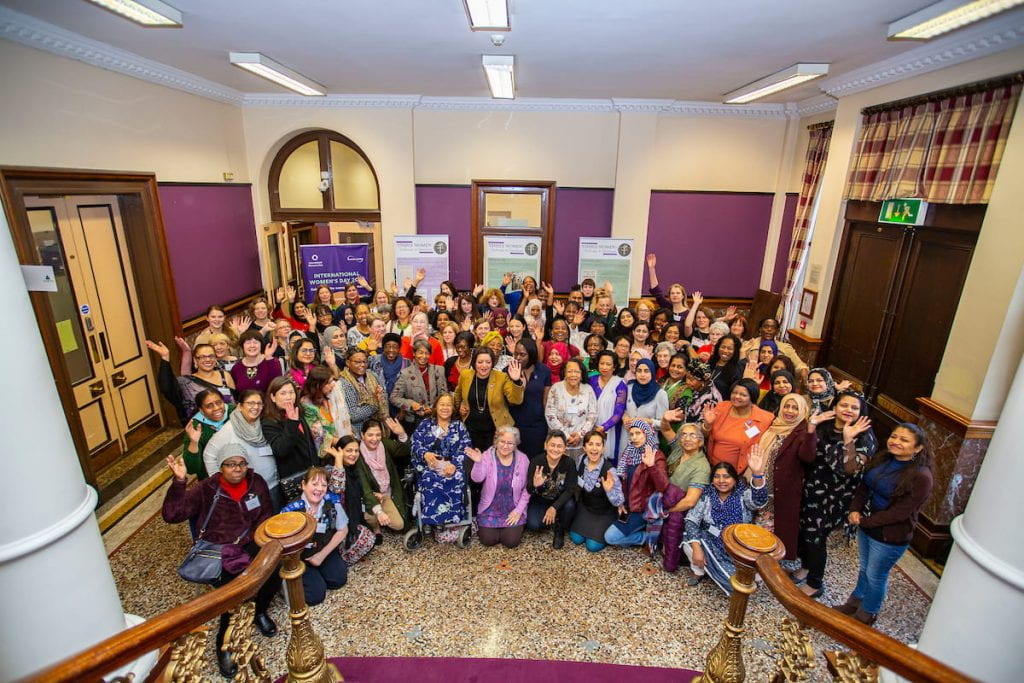Kelmscott Secondary School – Becoming an Historian
By Vicky A Price, on 29 May 2025
Year 9 pupils at Kelmscott Secondary School spent six weeks with our Outreach team, learning about the skills and knowledge required to become an effective and forward thinking historian. As a group, they chose the theme of medical history and they worked on researching one collection items each. Their hard work culminated in them writing museum label style descriptions, which we present to you in this blog, alongside some brilliant BlueSky posts.
‘Every man his own doctor, compleated with an herbal…’ by John Archer, 1673 (OGDEN A 514)
Lily
John Archer had the idea of people serving themselves with herbal and plant medicine. This book was written with parts and chapters, for example ‘Mushrooms and toadstools’. It was published 1673 so to this day 352 years ago. The close proximity of the book and the Great Plague Of London suggests that this was possibly made when people’s views of hygiene and health was changing.
Elisha
Made in 1673, John Archer intended this to be for those that have not patience to “Read Voluminous Authors”. It contains practical information such as quality of the air, diet, sleep and exercise.
It contains common theories at the time like how the body was composed of four primary fluids – blood, phlegm, yellow bile and black bile – which impacted mood and were all expected to be in balance in the ideal healthy body. It also has remedies for smallpox as there was an extremely high death rate from this at the time.

The front page of Archer’s ‘Every Man His Own Doctor’ (1673)
Horsley – First World War field operations notebooks, 1915 (HORSELY A/1-3 and A/10)
Robert
This is a notebook, written during the Gallipoli campaign when Horsley was colonel, that features his works such as death from intracranial pressure and bullet wounds to the brain. The front cover reads ‘21st General Hospital’ with ‘ARMY BOOK 136’ written in the middle. Inside contains his sketches and annotations of the brain’s cross section. This book reminds us of the struggles and trauma faced by the surgeons working on the battlefield. His reputation was boosted greatly as he brought 20th-century military surgery to a new level.
Jude
Victor Horsley’s pioneering field research notebook was ahead of its time, featuring medical drawings aided from both his work as a surgeon and his experience in war. In 1910, Horsley was commissioned to serve as a captain in the Royal Army Medical Corps, to be deployed on he Western Front. This notebook, however, was produced in 1915 during the British Army’s Gallipoli campaign. One of the highlight features is a hand-drawn cross-section of the brain, building off Horsley’s previous scientific works and his first-hand wartime experience to create a notebook which was especially advanced for its early 20th century origins.

An example of Horsley’s notes and drawings of the brain.
Carswell’s Anatomical Watercolour Illustrations, 1828 – 1831
Leela
Robert Carswell was a Scottish physician and medical illustrator, celebrated for his detailed watercolour depictions of human anatomy and diseases. His works, often combining scientific precision with artistic skill, were used as visual references in medical studies. Notably, Carswell’s 1835 treatise A Description of the Diseases of the Skin featured his highly regarded dermatological illustrations. His legacy as a key figure in 19th-century medical illustration endures, bridging the fields of art and science to provide valuable insights into both human biology and visual representation.

An example of Carswell’s meticulous paintings. This shows Adhesion of the Pericardium with Dilatation of the Arch of the Aorta (CARSWELL/A/684).
The Medical Museum, 1763 (Rare Science Periodicals)
Patrick
“The medical museum or a repository of cases…” was published in 1776, during the Georgian period in England (1714-1830). This book includes over 60 topics ranging from the nature of honey, the bad effects of tea drinking, bloodletting, several studies about what urine can tell about a person and many more contents from loads of different researchers.
It was printed by W.Richardson and S.Clark and sold by W.Bristow. The artifact I have looked at is the first volume, but there are at least three other volumes.

One edition of The Medical Museum, 1763.
Marian Ray’s Illustrations for Educational Television, c1948 – 1983
Samuel
Marian Ray created many pieces of artwork on the subject of biology which were used on pieces of educational media in her collection of illustrations on the topics of “The Reflex Arc and Nervous System” or “Circulation”. These pieces of art were hand painted onto filmstrip. Marian ran a successful business from the 1940s to the 1980s producing artworks such as these selling to schools in Britain and abroad, especially to Sweden. After WWII Marian began working in the audio visual industry when she began working for the BBC press department.

Ray’s illustration of the circulation system includes this image of a heart (RAY/1/28).
Well done to all involved and for their brilliant research and writing!
 Close
Close


























